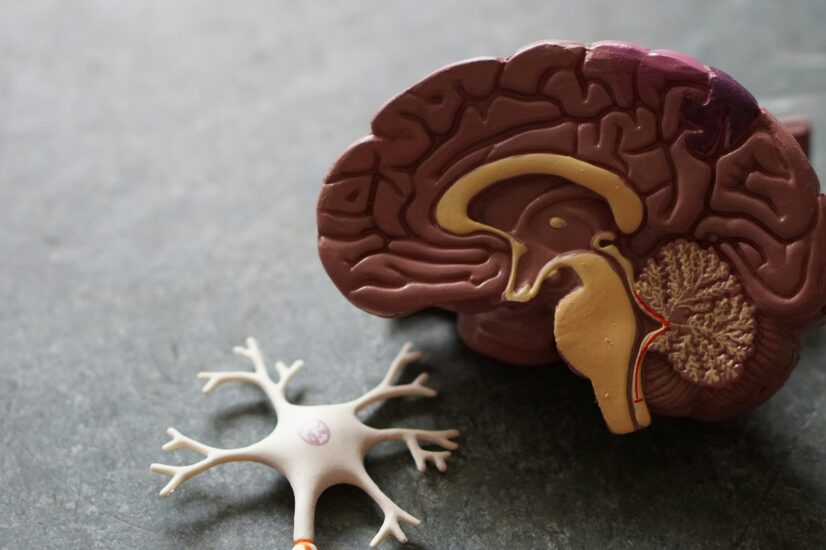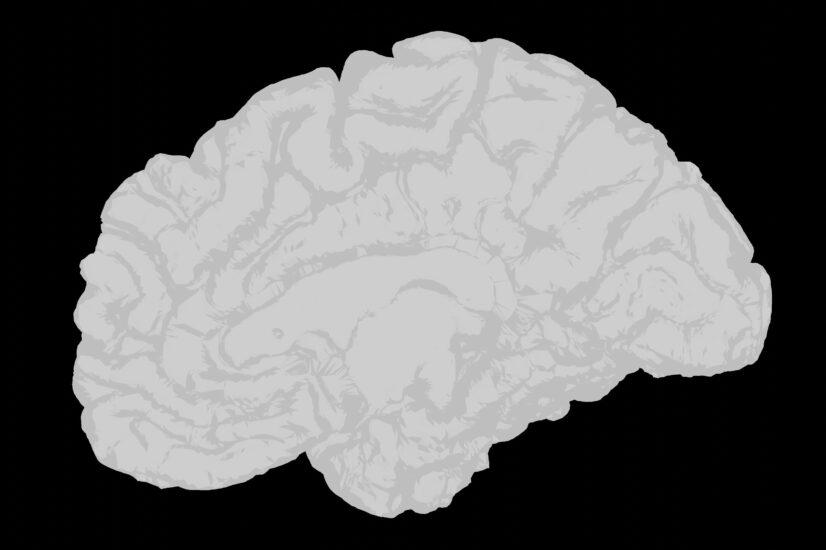Moir and Tanzi showed that amyloid plaques, a hallmark of Alzheimer’s, might form as an immune response to pathogens in the brain. This discovery shows that Alzheimer’s pathology begins with a weakened blood-brain barrier that, with age, may allow pathogens to permeate – triggering an exaggerated immune response. The study also showed that amyloid may also have a role in protecting the healthy brain and that future therapies for the disease should probably regulate amyloid beta and not remove it completely.








